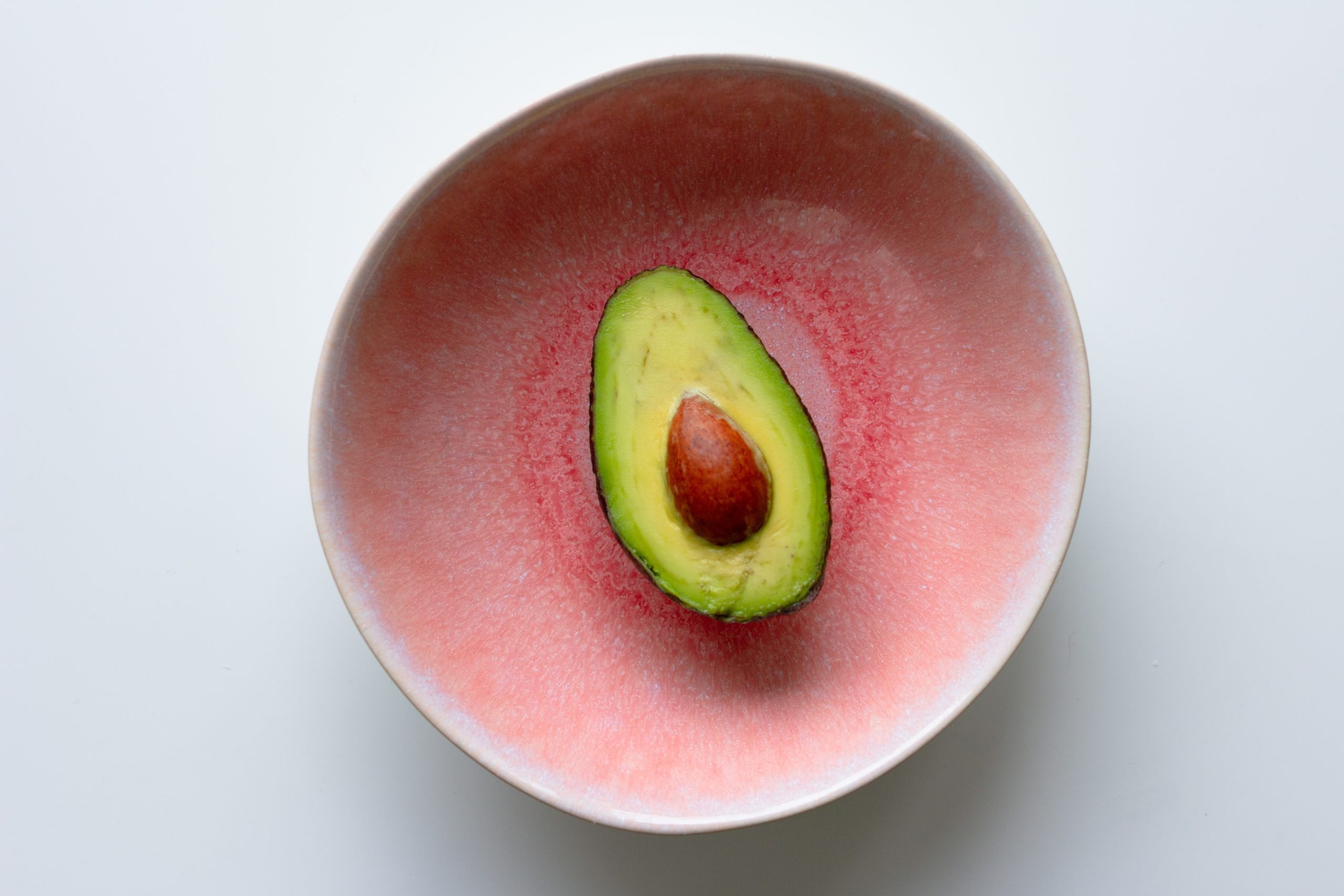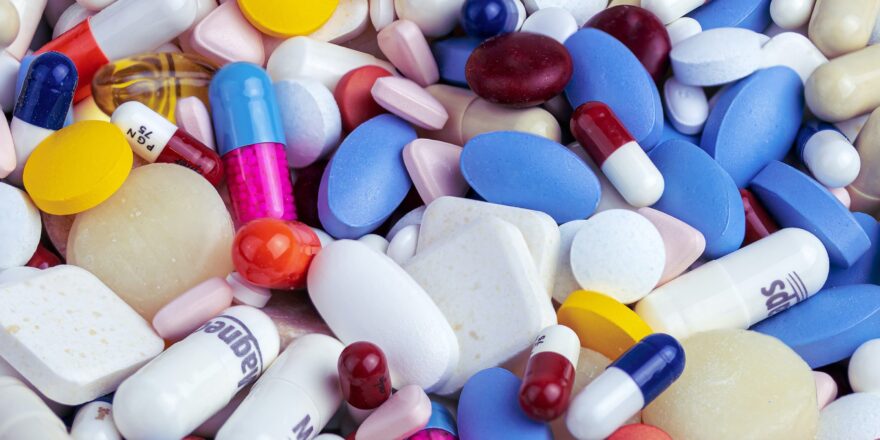Diet choices significantly affect health and fertility levels, and adjusting diet to increase the variety of minerals, oils, and vitamins is a potent way to raise conception rates and health. Diet underpins all bodily processes, including sexual health, with polycystic ovary syndrome (PCOS) usually involving high blood sugar levels from diet choices.
We’re all different, and specific dietary advice is part of the morefertile Personal Fertility Profiles (PFPs), but organic food with a wide variety of fresh fruit and vegetables is ideal. For most people, this should be balanced with whole grains, essential fats and protein. Unfortunately, this isn’t easy or possible for everyone, but understanding the impact of diet on fertility can motivate change.
The general principles of a fertility diet are relatively simple and revolve around “knowing what you’re eating”, so:
- Avoid processed and packaged foods if possible
- Home cook whenever possible
A Mediterranean diet is generally ideal for fertility (without pizza or pasta) as fresh fish, vegetables, fruit, and olive oil form a large part, but a South-East Asian diet is just as good, adds variety, and both diets are great starting points.
Female fertility
Women are more fertile when their diet contains all the major food groups. Studies show that:
- Replacing carbohydrates with animal protein reduces ovulation rates
- Adding just one serving of meat (especially chicken or turkey) a day increases the chances of not ovulating by 32%! i
- Replacing carbohydrates with vegetable protein doubles the chances of ovulation
- Trans-fats rather than mono-unsaturated fats in the diet more than doubles the risk of infertility from anovulation ii
The take-home from this is that fried chicken is going to reduce your fertility dramatically, and cutting chips or rice for vegetables or Quorn will improve your fertility.
Fats
Fats are an important energy source, affecting cell function and crucial for oxidative stress. The latest advice is to cook in animal fats (they’re more stable) and to eat vegetable fats cold.
Trans-fats are unsaturated plant fats (generally vegetable oils), found in many pre-prepared foods, particularly fast foods, snack food, fried food and baked goods.
- Eating trans-fats instead of carbohydrates increase anovulation rates by 73%. iii
Mono-unsaturated fats are found in red meat, milk products and fruits like olives and avocados. Nuts are also a good source (especially cashews and macadamia) and oatmeal. Other important sources of mono-unsaturated fats are oils:
- Olive oil is about 75%
- Sunflower oil (high oleic variety) contains up to 85%
- Canola oil 58%
- Lard is 40%
Women wishing to follow a highly “fertile diet” should concentrate on: iv
- Increasing the quantity and quality of mono-unsaturated fats and reducing trans-fats in the diet
- Eating vegetable protein rather than animal protein
- Avoiding low-fat dairy products
- Reducing sugar intake
- Increasing their mineral and vitamin intake (within safe limits)
The fruit and vegetables with the most health benefits are nearly always the most colourful ones, so “eat a rainbow” a day. If fish or shellfish are unpalatable, supplementing with fish (or krill) oil in capsules is one way to get omega-3 fats, and vegetarians and vegans can take flaxseed oil as an alternative source of omega-3.
Multivitamins and supplements
Multivitamins and other supplements are popular options to improve fertility, and women who take multivitamins are less likely to have problems ovulating. Dosage may have a significant effect, as one study found that women taking six or more tablets are the least likely to experience infertility. Women taking three to five tablets a day, then women on two or fewer tablets also improved. v
Supplement quality varies significantly, and excessive quantities can cause severe harm, which makes seeing a qualified nutritionist sensible. The best way to get the vitamins and minerals is via healthy, varied diets, which support healthy microbiomes. Anyone with digestive issues and sensitivities is advised to have a proper nutritional assessment.
Male fertility
The advice for men is similar to the recommendation for women:
- A diet rich in carbohydrates, fibre, folate, and lycopene improves male fertility. vii
- Eating fruit and vegetables improves semen quality.
- Lower protein and fat diets (cut down on meat) enhance male fertility.
Between 30% and 80% of male subfertility is due to damage from oxidative stress, and semen with oxidative stress/antioxidant imbalances has more DNA damage to their sperm: viii
- Antioxidants reduce free-radicals damaging cells.
- High antioxidant levels improve semen quality compared to low or moderate levels of antioxidants. ix
- Almost all reviews of antioxidants and male fertility conclude that antioxidants significantly improve male fertility. x
- Sub-fertile men who take antioxidants may be up to four times more likely to father a child. xi
A varied diet with low animal protein levels is the best source of antioxidants, while good quality multivitamins and other supplements can help.
Generally
Couples trying for a baby should really change their diet at least three (ideally six) months in advance to give developing eggs and sperm time to benefit from better nutrition and lower oxidative stress. Diets are potent ways to reduce inflammation, balance hormones, or build up substantial energy reserves, which are all crucial fertility factors.
While diet is a powerful tool to improve health and fertility, this is especially true when it matches a person’s needs, and not all diet advice is appropriate for everyone, and we you:
- Follow the advice for your PFP.
- Bear the general dietary advice here in mind.
- Take “food state” supplements over others.
- Avoid food you suspect upsets you, or get food intolerances tested.
ii‘Dietary fatty acid intakes and the risk of ovulatory infertility’. Chavarro JE, et al. Am J Clin Nutr 2007, 85:231–237.
iii‘Dietary fatty acid intakes and the risk of ovulatory infertility’. Chavarro JE, et al. Am J Clin Nutr 2007, 85:231–237.
iv‘Diet and lifestyle in the prevention of ovulatory disorder infertility’. Chavarro JE, et al. Obstet Gynecol 2007, 110:1050–1058.
v‘Use of multivitamins, intake of B vitamins, and risk of ovulatory infertility.’ Chavarro JE, et al. Fertil Steril 2008, 89:668–676.
vi‘The effect of micronutrient supplements on female fertility’ Buhling, Kai J. Grajecki, Donata. Current Opinion in Obstetrics & Gynecology: June 2013 – Volume 25 – Issue 3 – p 173–180
vii ‘A low intake of antioxidant nutrients is associated with poor semen quality in patients attending fertility clinics.’ Mendiola J. et al. Fertil Steril. 2010, 93:1128–1133.
viii‘Clinical relevance of oxidative stress and sperm chromatin damage in male infertility: an evidence based analysis.’ Cocuzza M, et al. Int Braz J Urol 2007, 33:603–621.
ix‘Effect of antioxidant intake on sperm chromatin stability in healthy non-smoking men.’ Silver EEW: J Androl 2005, 26:550–1336.
x ‘The role of sperm oxidative stress in male infertility and the significance of oral antioxidant therapy.’ Gharagozloo P, Aitken RJ. Hum Reprod 2011, 26:1628–1640.
xi‘Antioxidants for male subfertility’. Showell MG, Brown J, Yazdani A, Stankiewicz MT, Hart RJ. Cochrane Database of Systematic Reviews (Online) 2011. 1:CD007411,
Photo by K8 on Unsplash




